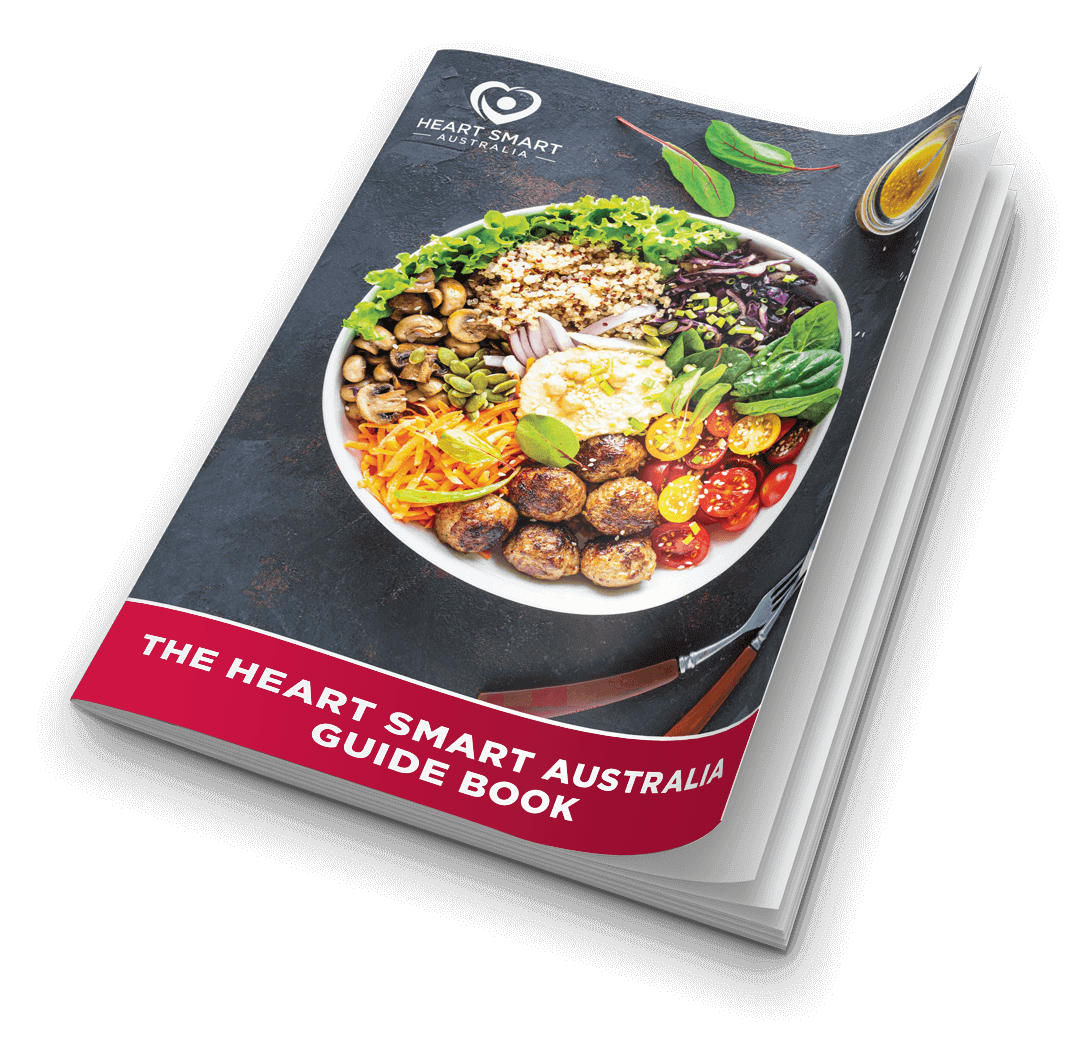Stress Cardiomyopathy: Can Stress Cause Heart Attacks?
In the fast-paced world, stress has become an unavoidable part of daily life, affecting various aspects of our physical and mental wellbeing. Among the numerous health issues associated with stress, stress cardiomyopathy, also known as “broken heart syndrome” or Takotsubo cardiomyopathy, has garnered significant attention in recent years.
In this article you will learn:
What is Stress Cardiomyopathy?
Stress cardiomyopathy is a condition characterised by a sudden and temporary weakening of the heart muscle, typically triggered by intense emotional or physical stress. Despite its resemblance to a heart attack in terms of symptoms such as chest pain, shortness of breath, and irregular heartbeat, stress cardiomyopathy differs in its underlying mechanism (1). Unlike a heart attack caused by blocked arteries, stress cardiomyopathy results from a surge of stress hormones that disrupt the heart’s normal pumping function (1). The condition often resolves spontaneously without causing permanent damage to the heart muscle, distinguishing it from a typical heart attack.
What is the Role of Stress?
The intricate interplay between stress and heart health underscores the importance of addressing stress as a risk factor for cardiovascular disease. When the body experiences stress, it triggers a cascade of physiological responses, including the release of hormones like adrenaline and cortisol (1). These stress hormones can elevate blood pressure, increase heart rate, and potentially impair heart function over time. Chronic or excessive stress has been linked to the development of various cardiovascular conditions, including hypertension, coronary artery disease, and stress cardiomyopathy (2). Understanding how stress impacts heart health is crucial for implementing effective preventive strategies and promoting overall well-being.
What are the Symptoms of Stress Cardiomyopathy?
Recognising the symptoms of stress cardiomyopathy is essential for timely diagnosis and appropriate management. The hallmark symptoms, such as chest pain, shortness of breath, and palpitations, often mimic those of a heart attack, necessitating thorough evaluation to differentiate between the two conditions (2). Diagnosis typically involves a comprehensive assessment of medical history, physical examination, and diagnostic tests such as echocardiography and cardiac biomarker analysis. Distinguishing stress cardiomyopathy from a heart attack is vital to ensure optimal care and avoid unnecessary interventions.
What are Treatment Options for Stress Cardiomyopathy?
Treatment for stress cardiomyopathy focuses on alleviating symptoms, supporting heart function, and addressing the underlying stress triggers. In most cases, supportive care, including rest, oxygen therapy, and medications to stabilise the heart rhythm and reduce excess adrenaline levels, is sufficient. While the condition often resolves, lifestyle modifications play a crucial role in long-term management. Adopting stress reduction techniques, engaging in regular exercise, maintaining a heart-healthy diet, and seeking social support can aid in recovery and reduce the risk of recurrence (3).
How Long does Stress Cardiomyopathy Last?
The duration of stress cardiomyopathy varies from person to person and depends on various factors, including the severity of the initial stressor, individual health status, and timely intervention. In most cases, the symptoms of stress cardiomyopathy resolve spontaneously within days to weeks after the triggering stressor subsides. However, in some instances, the recovery process may take longer, requiring weeks to months for full recovery (4). It’s essential for individuals diagnosed with stress cardiomyopathy to undergo regular medical follow-ups to monitor heart function and ensure proper healing. While the condition typically resolves without long-term damage to the heart muscle, adherence to prescribed treatments and lifestyle modifications can expedite recovery and reduce the risk of recurrence.
What are Prevention Strategies for Stress Cardiomyopathy?
Preventing stress cardiomyopathy and its potential complications requires proactive measures to manage stress and promote heart health. Incorporating stress management techniques into daily life, such as mindfulness meditation, yoga, and deep breathing exercises, can help mitigate the impact of stress on the heart (5). Additionally, adopting a balanced diet rich in fruits, vegetables, wholegrains, and lean proteins, along with regular physical activity, can contribute to overall cardiovascular well-being. Building strong social connections and seeking support from friends, family, or mental health professionals can also serve as protective factors against the detrimental effects of stress on heart health.
Can Stress Cause Heart Attacks?
The relationship between stress and heart attacks has been a subject of considerable research and debate. While stress alone may not directly cause a heart attack, it can contribute to the development or exacerbation of underlying cardiovascular conditions, such as coronary artery disease. Acute emotional or physical stressors have been shown to trigger heart attacks in susceptible individuals, highlighting the significance of stress management in cardiovascular disease prevention (4). By addressing stress as a modifiable risk factor and adopting healthy coping mechanisms, individuals can empower themselves to safeguard their heart health and overall well-being.
Conclusion:
In conclusion, stress cardiomyopathy serves as a poignant reminder of the profound impact that stress can have on heart health. While stress itself may not directly lead to heart attacks, its influence on cardiovascular function should not be underestimated. By understanding the complexities of stress cardiomyopathy, recognising its symptoms, and implementing preventive strategies, individuals can take proactive steps towards maintaining a healthy heart and a fulfilling life.
How we reviewed this article:
- Sources
- History
Heart Smart Australia utilises a variety of credible and reliable sources to support and provide valuable insights into the topic being discussed. From academic journals to government reports, each reference has been carefully selected to add depth and richness of our articles.
- (1) National Library of Medicine | Ramaraj R. Stress cardiomyopathy: aetiology and management. Postgrad Med J. 2007 Aug;83(982):543-6. doi: 10.1136/pgmj.2007.058776. PMID: 17675548; PMCID: PMC2600114.
- (2) Mayo Clinic | Broken Heart Syndrome. Retrieved from:
- (3) PubMed | Medina de Chazal H, Del Buono MG, Keyser-Marcus L, Ma L, Moeller FG, Berrocal D, Abbate A. Stress Cardiomyopathy Diagnosis and Treatment: JACC State-of-the-Art Review. J Am Coll Cardiol. 2018 Oct 16;72(16):1955-1971. doi: 10.1016/j.jacc.2018.07.072. PMID: 30309474; PMCID: PMC7058348
- (4) Harvard Health Publishing | Broken-heart Syndrome (takotsubo cardiomyopathy). Retrieved from:
- (5) PubMed | Sattar Y, Siew KSW, Connerney M, Ullah W, Alraies MC. Management of Takotsubo Syndrome: A Comprehensive Review. Cureus. 2020 Jan 3;12(1):e6556. doi: 10.7759/cureus.6556. PMID: 32042529; PMCID: PMC6996473.
Our team actively monitors health and wellness advancements, keeping our articles up-to-date with the latest information as it becomes available.




